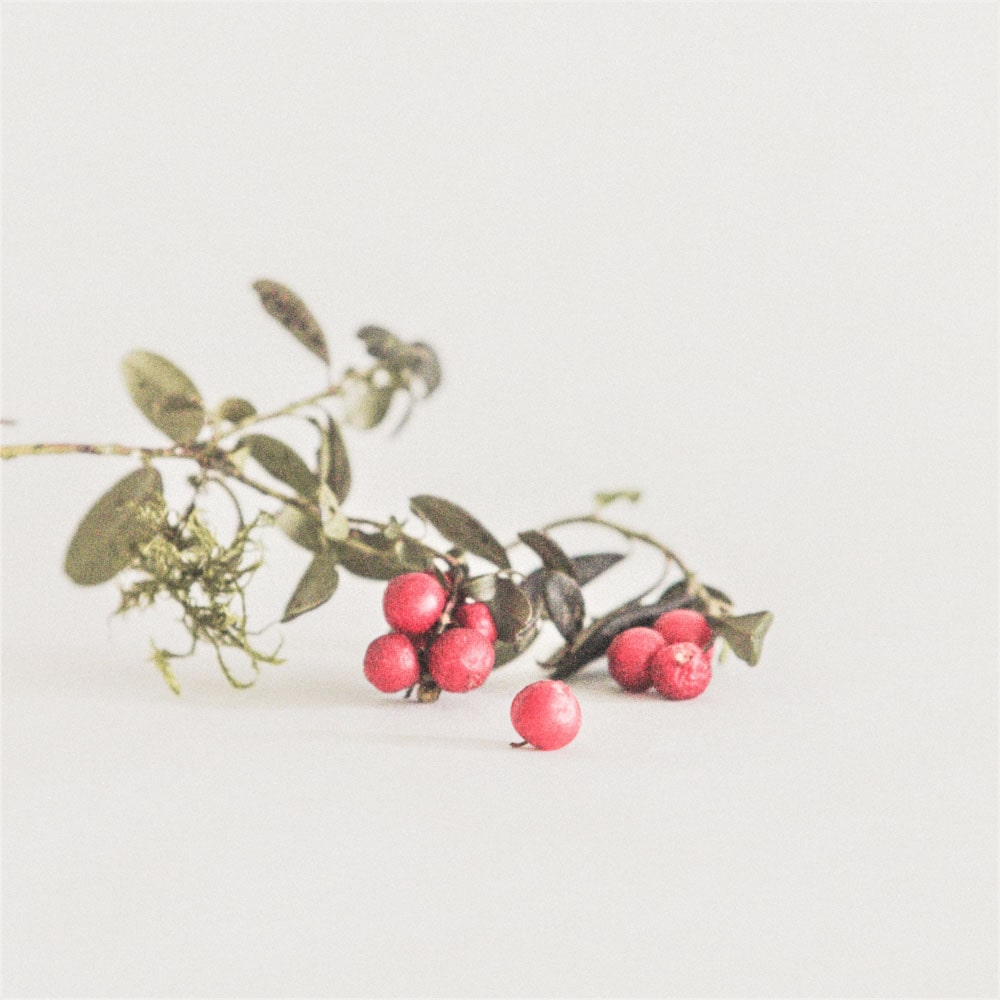Pine needle essential oil
INCI: Pinus Sylvestris Oil

Pine needle essential oil is known for its numerous benefits, including its ability to enhance your skincare routine. In this guide, we will delve into what pine needle essential oil is, its historical use, benefits, nutrients, how to use it, and potential side effects.
Scroll down to read
What is Pine Needle Essential Oil?
Pine needle essential oil is a versatile and powerful natural remedy that has been used for centuries to support overall health and wellness. Derived from the needles of the pine tree (pinus Sylvestris), this essential oil is known for its soothing and anti-inflammatory properties. It can help to relieve pain, combat free radical damage, and promote healthy, youthful-looking skin. Pine needle essential oil is also a natural analgesic, making it a popular choice for treating a variety of skin conditions, including acne, psoriasis, eczema, and dry, itchy skin. In the following sections, we’ll take a closer look at the benefits of pine needle essential oil in skincare and explore how to use this powerful ingredient to enhance your daily routine.
Historical Use of Pine Needle Essential Oil
For centuries, pine needle essential oil has been a part of traditional medicine in various cultures. The tree, Pinus sylvestris, is known as Scots pine, and it is an evergreen tree with a straight trunk and blue-green needle-like leaves. Pine essential oil has been used for respiratory and joint conditions, including bronchial conditions, coughs, colds, fevers, rheumatic pain, arthritis, and muscular pain. Native Americans also used it to repel mosquitoes, lice, and fleas. In addition to its medicinal uses, pine essential oil has also been incorporated into air-fresheners, disinfectants, detergents, soaps, and fragrances. German hospitals even used a fibrous substance called fir wool, made from pounded pine needles, as a local application to treat chronic rheumatism. The use of pine needle essential oil in traditional medicine has endured, and now it is also commonly used in skincare.
Benefits of Pine Needle Essential Oil in Skincare
Pine needle essential oil has numerous benefits in skincare, including:
1. Anti-inflammatory Properties
Pine needle essential oil has anti-inflammatory properties that help soothe and calm irritated skin. This makes it a great ingredient in skincare products that aim to reduce redness and inflammation.
2. Antimicrobial Properties
Due to its antimicrobial properties, pine needle essential oil helps fight off bacteria that cause acne, making it a great ingredient in acne-fighting skincare products.
3. Antioxidant Properties
Pine needle essential oil contains antioxidants that help protect the skin from damage caused by free radicals. This helps prevent premature aging and keeps the skin looking youthful.
4. Moisturizing Properties
Pine needle essential oil is an excellent moisturizer that helps hydrate the skin. This makes it a great ingredient in skincare products that aim to improve skin hydration.
5. Astringent Properties
Pine needle essential oil has astringent properties that help tighten and firm the skin. This makes it a great ingredient in skincare products that aim to improve skin elasticity and firmness.
Nutrients in Pine Needle Essential Oil
Pine needle essential oil contains several compounds and nutrients that are beneficial to the skin, including:
Alpha-pinene
Alpha-pinene is known for its antimicrobial and anti-inflammatory properties, making it great for treating acne and other skin irritations.
Beta-pinene
Beta-pinene also has antimicrobial properties, making it useful for preventing infections.
Limonene
Limonene is a natural antioxidant that helps to protect the skin from oxidative stress and free radical damage. It is also known for its ability to promote the absorption of other beneficial ingredients into the skin, making it a popular ingredient in skincare products.
Camphene
Camphene has astringent properties, which help to tighten and firm the skin. It is also known for its antimicrobial properties, which make it useful for preventing infections and treating acne.
Linalool
Linalool is a natural anti-inflammatory and antimicrobial compound that is great for soothing irritated skin. It is also known for its calming properties, which can help to reduce stress and promote relaxation.
Terpineol
Finally, terpineol is a natural antioxidant that helps to protect the skin from free radical damage. It is also known for its moisturizing properties, making it great for dry or damaged skin.
Together, these compounds make pine needle essential oil a powerful ingredient in skincare. It can help to protect the skin from oxidative stress, prevent infections, reduce inflammation, and promote relaxation. Additionally, pine needle essential oil has a fresh, invigorating scent that can help to uplift and energize the senses, making it a great addition to any skincare routine.
Example Use Cases of Pine Needle Essential Oil in Skincare
Here are some examples of how pine needle essential oil can be used in skincare:
In facial steam: Add a few drops of pine needle essential oil to a bowl of hot water and breathe in the steam to help clear sinuses and soothe irritated skin.
In a facial oil: Mix pine needle essential oil with carrier oil and use it as a facial oil to help moisturize and protect the skin.
In a body scrub: Mix pine needle essential oil with sugar and carrier oil to create a body scrub that helps exfoliate and moisturize the skin.
How to Use Pine Needle Essential Oil
Pine needle essential oil can be used in various ways, including:
Inhaling: Add a few drops of pine needle essential oil to a diffuser or a bowl of hot water and inhale the steam.
Topically: Dilute pine needle essential oil with a carrier oil before applying it to the skin. You can also add a few drops of pine needle essential oil to your skincare products, such as creams, lotions, or facial oils.
It is important to note that pine needle essential oil is highly concentrated, and it is essential to dilute it before applying it to the skin to prevent skin irritation. Additionally, you should always do a patch test before using it on your face or body.
Pine Needle Essential Oil Side Effects
Pine needle essential oil is generally safe for most people when used in recommended amounts. However, it can cause skin irritation or an allergic reaction in some people. It is essential to do a patch test before using it on your face or body and to discontinue use if you experience any adverse reactions.
It is also important to avoid using pine needle essential oil if you are pregnant, breastfeeding, or have any medical conditions without consulting your doctor first.
Frequently Asked Questions
Can pine needle essential oil be used for hair care?
Yes, pine needle essential oil can be used for hair care. It can help promote hair growth, reduce dandruff, and improve scalp health.
Can pine needle essential oil be ingested?
No, pine needle essential oil should not be ingested. It is only recommended for external use.
Is pine needle essential oil safe for sensitive skin?
Pine needle essential oil can be safe for sensitive skin when diluted correctly. However, it is essential to do a patch test before using it on your face or body.
Recap
In summary, pine needle essential oil is a beneficial ingredient in skincare due to its anti-inflammatory, antimicrobial, antioxidant, moisturizing, and astringent properties. It contains several compounds and nutrients, including alpha-pinene, beta-pinene, limonene, camphene, linalool, and terpineol, that are beneficial to the skin. Pine needle essential oil can be used in facial steam, facial oils, and body scrubs, and it should be diluted before use to prevent skin irritation. It can cause skin irritation or an allergic reaction in some people, and it should not be ingested.
Further reading

Arctic Lingonberry Seed Oil
If you haven't heard of arctic lingonberry seed oil yet, you're in for a treat. This superfruit, produced by low, evergreen shrubs throughout Scandinavia's forests, has been used for centuries for its health-promoting properties and is now gaining popularity in the beauty industry. But did you know that it also has incredible benefits for your skin? In this guide, we will dive into the benefits and uses of Arctic Lingonberry Seed Oil in skincare.
Continue reading
Cornflower
I'm excited to share with you this comprehensive guide on cornflower in skincare. In this article, we'll explore the benefits of cornflower in skincare, its nutrients and compounds, and some example use cases. So, let's dive right in!
Continue reading
Calendula
In this article, I will explain what Calendula is, its historical uses, the benefits of using Calendula in skincare, the nutrients it contains, and example use cases. By the end of this article, you will have a better understanding of how Calendula can benefit your skin and why it is an ingredient worth incorporating into your skincare routine.
Continue reading